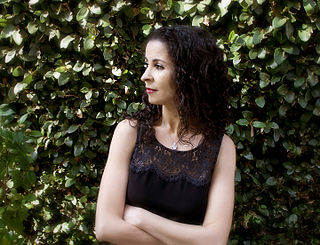A Quote by Stephen Vincent Benet
When I was in graduate school, my thesis included both poetry and essays. Influenced by the personal essays of James Baldwin and Norman Mailer, I loved the form, but pretty much stopped.
Related Quotes
I feel that I'm an essayist and that my best work gets done in that form. I wanted to do a book where the essays could exist on their own terms. A book that was neither a book of essays that were shoehorned into a memoir, nor [one where] the essays had been published elsewhere first, [because] then they would kind of bear the marks of those publications.
I tried to fortify myself with the best nonfiction and fiction I could lay my hands on, from the essays of James Baldwin and Joan Didion, to the stories and novels of Ralph Ellison, Roberto Bolano and Celine. Distinctive voices like these were a source of constant nourishment on all range of matters, from punctuation to philosophy.



































